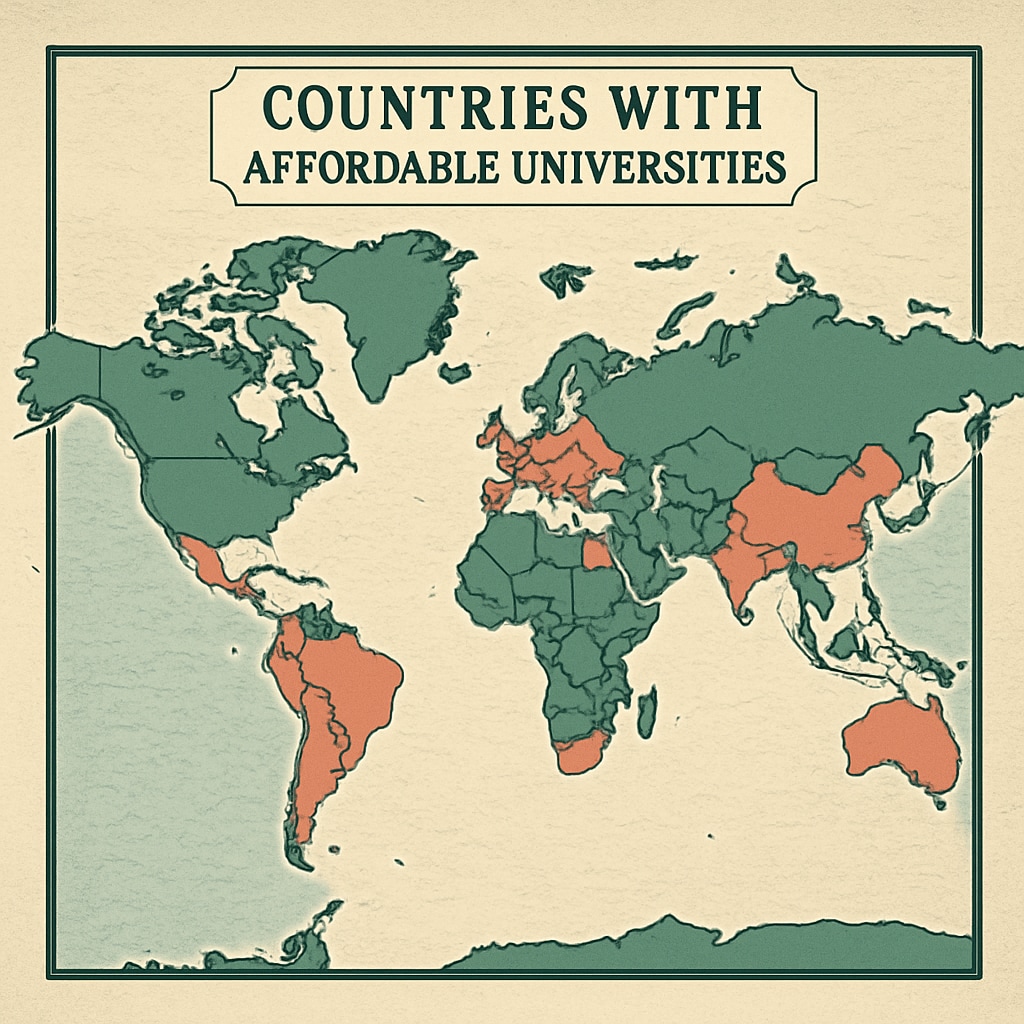For AS Level students and their families, navigating university admissions while adhering to a tight budget can feel like an uphill battle. With tuition fees rising globally, finding affordable higher education options can be daunting. However, achieving quality education within a $4,000 budget is possible—if you know where to look and how to approach the search strategically. This article explores practical ways to identify universities that accept AS Level qualifications and offer economical tuition rates, helping students achieve their academic goals without overwhelming financial stress.
Understanding AS Level Qualifications and University Admissions
AS Level, or Advanced Subsidiary Level, is an internationally recognized qualification often pursued as part of the A-Level curriculum. It serves as a stepping stone for students aiming to enroll in undergraduate programs. Some universities around the world accept AS Level qualifications as sufficient for admission, particularly in regions where this certification is widely recognized, such as the UK, Australia, and certain parts of Asia. However, understanding the admission criteria and aligning them with personal financial limitations is crucial for making informed decisions.

Where to Find Affordable Universities for AS Level Students
Several countries and institutions offer low-cost education opportunities for international students, some of which accept AS Level qualifications. Here are key regions to consider:
- Germany: Renowned for its tuition-free or low-cost education system. Many public universities charge minimal administrative fees, which often fall well within the $4,000 budget. Note that proficiency in German may be required for some programs.
- Malaysia: Universities such as Universiti Malaya offer competitive tuition rates and accept AS Level qualifications for certain programs. Malaysia also provides a lower cost of living for international students.
- India: Universities like Delhi University offer affordable tuition rates and accept international students with AS Levels. Additionally, India’s diverse academic disciplines make it an attractive destination.
- Online Universities: Institutions such as the University of the People provide fully online degree programs, often with tuition fees within a $4,000 annual budget.
Exploring these regions and institutions can reveal a range of options that balance affordability and quality education.

Tips for Staying Within Your Budget
Once you’ve identified potential universities, staying within your budget requires careful planning. Here are practical steps to ensure your higher education remains affordable:
- Apply for Scholarships: Many universities offer merit-based or need-based scholarships specifically for international students. Research opportunities early to maximize your chances.
- Consider Part-Time Work: Depending on the country, international students may be permitted to work part-time while studying. This can help cover living expenses and reduce overall costs.
- Opt for Shared Accommodation: Sharing housing with other students is a cost-effective way to manage living expenses.
- Leverage Online Resources: Platforms like Scholarships.com or Study Portals can provide insights into affordable programs and funding opportunities.
By employing these strategies, students can effectively manage both tuition and living costs, ensuring a sustainable educational journey.
Why Affordable Education Matters
Quality education should not be a privilege reserved for those with substantial financial resources. Affordable universities empower students from diverse backgrounds to pursue their dreams without accumulating excessive debt. Furthermore, many institutions offering low-cost programs are globally accredited, ensuring that students receive a recognized and respected education.
For AS Level students, aligning academic aspirations with financial constraints is a challenge—but one that can be overcome with research, planning, and perseverance.
In conclusion: Finding affordable universities that accept AS Level qualifications is not only possible but also achievable with the right strategies. By exploring cost-effective regions, leveraging scholarships, and carefully managing expenses, students can unlock opportunities for higher education without breaking the bank.


